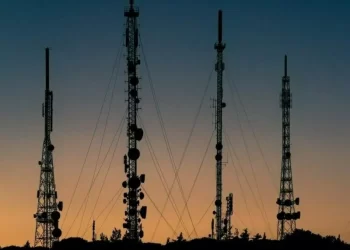The Kalam Hotels Association, representing over 250 hotels in the picturesque valley of Kalam, Swat, has called for optic fibre connectivity to help boost investment and growth in the region, media learnt on Friday.
Kalam, a popular tourist destination attracting visitors from worldwide, faces significant challenges due to limited internet connectivity, hindering its development, according to the association.
Currently, there is no reliable and high-speed internet connectivity in Kalam, impacting the ability to cater to tourists and locals alike, it said.
Pakistan’s economic crisis is largely due to its power sector: experts propose bypassing govt
The absence of internet services has resulted in limited online booking and reservation systems for hotels, lost revenue, and missed opportunities. The local community lacks access to essential online services like banking and healthcare, while students and researchers face restricted access to information and educational resources, the association explained.
Moreover, communication and coordination among local businesses, authorities, and emergency services are hampered, it added.
To address these challenges, the hotels association urged the government to make optic fibre connectivity available from Bahrain to Kalam, ensuring high-speed and reliable internet services.
It demanded internet connections for approximately 250-300 hotels, enabling them to provide WiFi facilities to tourists and locals.
Additionally, the association sought the establishment of internet infrastructure to support growing demands from new development projects in Kalam.
Budget 2024-25: IT sector unhappy with proposals
Sadaf Khalid Khan, CEO of Walnut Travel & Tour Consultancy and Global Consultant Sustainable Tourism UN SDGs, speaking to media, emphasised that providing internet services in Kalam could boost tourism, economic growth, and improve the overall quality of life for the local community.
“We believe that the provision of internet services in Kalam will not only boost tourism and economic growth but also improve the overall quality of life for the local community,” she said.









